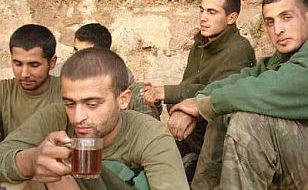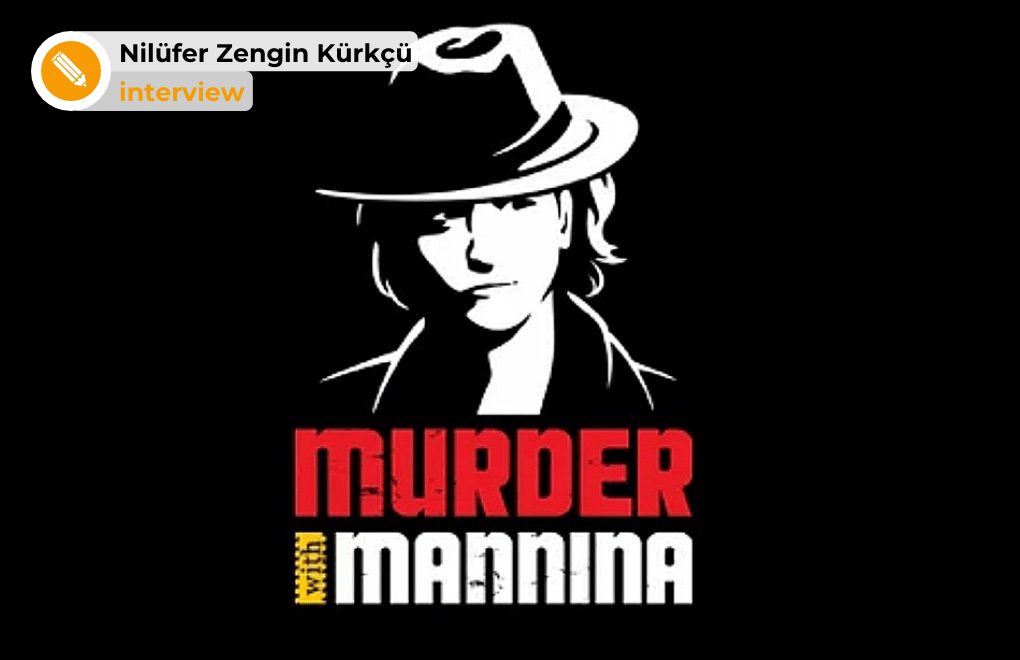“My client’s morale is not good at all. He cries constantly. He thinks that he has been wronged by the army where he worked with dedication for seven years.”
Ramazan Korkmaz, the lawyer of Halis Çağan, one of the captured eight soldiers by PKK, had described his client’s state in these terms to Bianet in January 2008.
A skirmish had taken place at Hakkari on October 21, 2007, (a Sunday morning) between Dağlıca Infantry Battalion of Yüksekova 21st Border Gendarmerie Tactical Brigade Command Post and a PKK group that had crossed the border. Twelve soldiers were killed, sixteen were injured and eight were captured by PKK.
The eight captured soldiers were returned later. They are now on trial for “disobeying orders, helping the crime of upsetting the territorial integrity of the country and the unity of the state, deserting to a foreign country, to make the propaganda of the separatist terror organization through media.”
When PKK released the soldiers, Mehmet Ali Şahin, the Minister of Interior, had said that he could not say he was happy to see them alive.
Nearly a year passed since Dağlıca. The newspaper Taraf published a news article about an intelligence report (registered as 3590-2292-07/İDAM (63939)) which showed that the military authorities knew when, where and by whom the ambush was going to take place.
What was the real objective of PKK which it could not reach?
The General Staff had said in its reply to the Taraf report that they had warned their units with this document, increased the security measures, showed the necessary reaction and prevented the treacherous attack from reaching its real objective.
Cannot twelve dead, sixteen injured and eight messed up lives be an objective?
The necessary security measures were taken and the treacherous attack could not reach its real objective. What should we think the real objective was?
Should we assume that twelve dead soldiers and eight messed up lives is a bearable result?
If the statement that the necessary security measures were taken suppose to mean that there was also the possibility that these measures could not be taken, then we cannot help wonder what the prevented objective was?
The Taraf report also includes the information that the Battalion Commander Dirik did not send a helicopter even though it was asked by Lieutenant Junior Çağdaş three days before the incident, right after the PKK movements were seen.
Only for those who died
That night many entertainment programs were cancelled in Turkey, a general mourning atmosphere had descended over the country, but all this was only for those who died.
The General Staff had described in those days the eight soldiers who were captured by PKK as soldiers with whom the connection was severed.
The captured soldiers were returned on November 4 to the group of regional administrators Hacı Mahmut Osman, Kerim Sincari and the Democratic Society Party deputies Osman Özçelik, Aysel Tuğluk and Fatma Kurtulan.
On November 6, Interior Minister Mehmet Ali Şahin said, “I could not digest as a Turkish citizen the fact that these soldiers could go with these terrorists.”
“To set an example…”
Mehmet Tanju Akad, a researcher and a writer, had interpreted this incident to Bianet by saying “It is normal to choose life over death. What happened to these eight soldiers could happen to anyone. Nothing will come out of this case. The soldiers were arrested to set an example to the others.”
The soldiers were released pending trial on February 3.
The accusations
The indictment accuses Master Sergeant Halis Çağan with the crime of “not conducting his official duty, insisting on disobeying orders, which caused great harm, and making the propaganda of the separatist terror organization through media”, the other soldiers Fuat Başoda, İlhami Demir, İrfan Beyaz, Özhan Şabanoğlu, Fatih Atakul and Mehet Şenkul with the crime of “insisting on disobeying orders, which caused great harm”, and the private Ramazan Yüce witht the crime of “praising the crime and the criminal, helping upsetting the territorial integrity of the country and the unity of the state, deserting to a foreign country, making the propaganda of the separatist terror organization through media, making statements and propaganda through media that would alienate people from military service.”
The prosecutor is asking life sentence for Ramazan Yüce and varying prison sentences of three months to ten years for the other soldiers.
Murtaza Çağan, the brother of Halis Çağan, who had talked to Bianet when the soldiers were still in detention, had asked the question that how a kidnapped soldier could be accused with the crime of desertion.
We now repeat the question we asked previously: They dodged death, they were scared, they were captured and they were declared traitors. During this time, most of us forgot that dying, coming back or not coming back are possible for everyone who goes to a war. We tend to forget how these young people would be living if there was no war. Really, how would they be living if there was no war? (NZ/EZÖ/TB)










